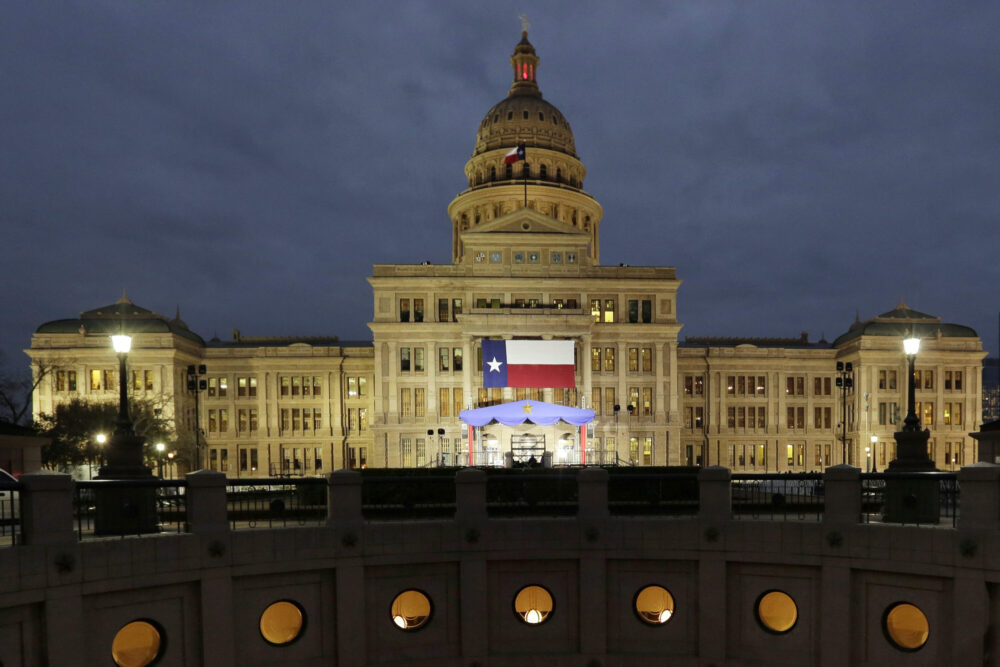
The Texas Senate and House filed their respective versions of the 2026-2027 state budget on Wednesday.
The two versions are just a few billion dollars apart. Significantly, both versions set aside an equal amount to pay for a school vouchers program, which most analysts anticipate will pass the Legislature in some form this session.
The Senate version (Senate Bill 1) calls for a total of $332.9 billion in spending from all funds, state and federal, with roughly 70% coming purely from state monies. The House version (House Bill 1) includes slightly more, $335.7 billion in total spending. Both versions constitute a decrease of more than $50 million from the current budget cycle.
“SB 1 maintains our promise to Texans by keeping our state on a conservative path to greater prosperity,” Lt. Gov. Dan Patrick said. “Conservative budgeting principles used in SB 1 ensure that state government does not grow faster than population times inflation.”
House Speaker Dustin Burrows described the House’s budget proposal as “substantially identical” to the Senate’s.
“Debating and passing the budget will be one of the most important undertakings of the session, as it will determine the financial boundaries under which we operate when considering all other major legislation, including school choice, water infrastructure, and more,” Burrows said.
The named priorities for each version include extending the property tax cuts passed last session, providing new funding to public education, and increasing funding for healthcare, border security and public safety.
Significantly, both the Senate and House versions set aside $1 billion for a school vouchers program, which would allow taxpayer money to be used for private school tuition. Several states that have enacted school voucher programs have been hit with costs far exceeding what they originally budgeted. As one example, Florida initially projected expanding its voucher program would cost $646 million, but a study from the independent Florida Policy Institute found that costs in the first year alone rocketed past $3 billion.
This is a developing story and will be updated.